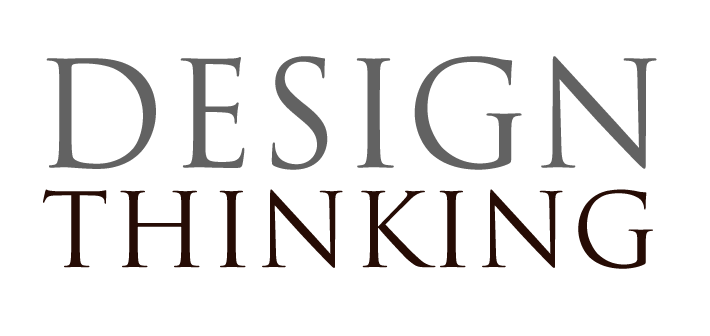
Great article concerning design thinking, and how business should embrace design thinking and methodology. The reasoning is an ever changing social-media connected consumer base. Gone are the days of ‘managing’ a product or service and shaping consumers perception via various techniques such as advertising, brand management, hype and hyperbole (well maybe not quite gone – but their effect is certainly diminished). Consumers feel empowered, they feel in control and to a certain extent they are.
Where designers come into all this is that designers design experiences and are best placed in this new media/web 2.0 world to communicate a concept, idea, message, meme in an honest way. Consumers/Users also want to design their own experiences so they require designers to supply the tools via good interaction design or to supply the skills to visualise those experiences. Further, as mentioned in the article, design goes much further than mere aesthetics (which is still a popular perception of design). Design can be the design of systems, architectures, information work flows, processes, platforms, concepts, ideas, interaction and possibly even political discourse.
That’s Design As Margaret Mead, Design As Anthropology. Design is so popular today mostly because business sees design as connecting it to the consumer populace in a deep, fundamental and honest way. An honest way. If you are in the myth-making business, you don’t need design. You need a great ad agency.
Design should not give up its special ability to visualize ideas and give form to options. Design should extend its brief to embrace a more abstract and formalized expression of how it translates empathy to creativity and then to form and experience. Be broad, not narrow. Global, not parochial. Do not deny the powerful problem-solving abilities of design to the cultures of business and society.
From: CEOs Must Be Designers, Not Just Hire Them. Think Steve Jobs And iPhone | Link
And one of the bits I really like, Britain is doing rather well in this area.
A report by the Work Foundation, which looked at 13 sectors within the entertainment and design industries, found that cultural exports from Britain, such as music and television programmes, are greater than from any other country. According to the findings, Britain’s creative sector employs 1.8 million people and makes up 7.3 per cent of the national economy.
From: Creative industries ‘fuel Britain’s economic growth’ | Link